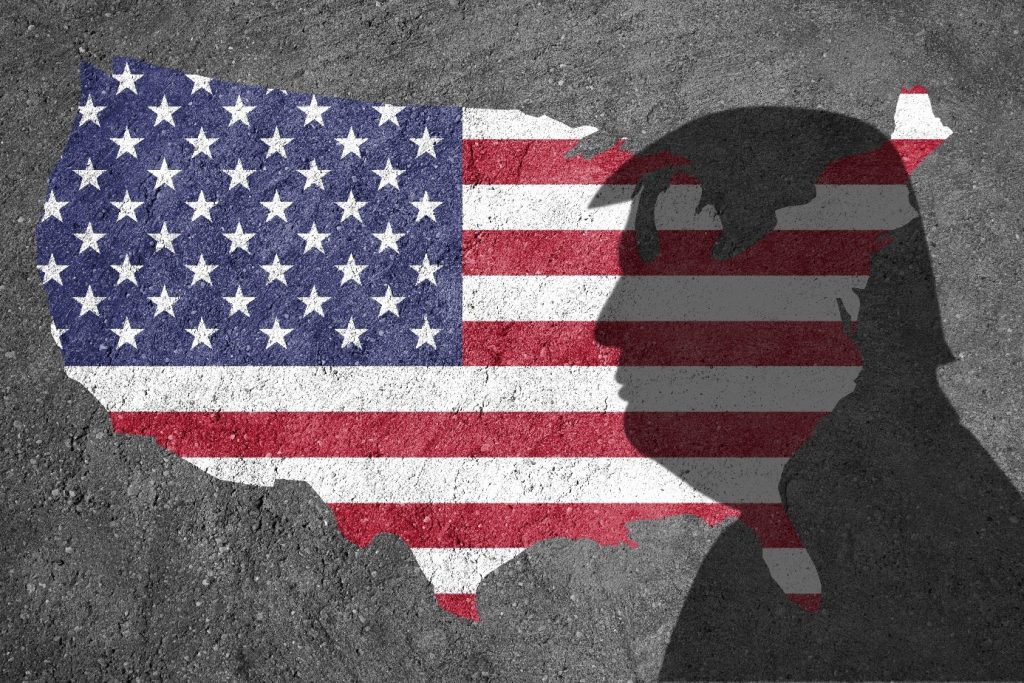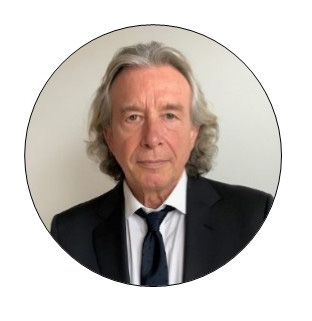We asked Prof Dr THOMAS JÄGER from the University of Cologne

HARTMUT BÜHL – European News Journal, Paris
It seems evident that Donald Trump, since the start of his current US presidency, has had the intention of modifying the institutional balance on the base of a strategy (“unified executive” approach) aiming to expand presidential authority.
Internally, we observe that Trump is trying to keep the opposition down, weakening institutions by using presidential power and creating disorder. The deployment of the National Guard on 10 June 2025 as the response to a heated demonstration against his family separation policy without the consent of the Californian governor constitutes a normative breach. With the consent of Congress on 4 July for his controversial budget plan, “One Big Beautiful Bill”, he is obviously stepping into a new term of governance, more autocratic as many fear. Externally, at the NATO summit at the end of June 2025, Trump presented himself as the world’s invincible president, graciously promising US support for the defence of Europe.
![]() European News Journal (ENJ) asked Professor Dr Thomas Jäger, who holds the chair for International Relations and Foreign Policy at the University of Cologne, about these developments in the United States.
European News Journal (ENJ) asked Professor Dr Thomas Jäger, who holds the chair for International Relations and Foreign Policy at the University of Cologne, about these developments in the United States.
Professor Jäger, you are an internationally known expert commenting daily on American political and societal issues. I would like to get your thoughts on some US issues. It seems that Trump is coming out strengthened by the developments in his country. Is he indeed systematically preparing an autocratic governance system trying to reverse democratic rules, as many observers say? What about the checks and balances, this sensitive system which characterises the American constitution aiming to protect the balance of power?
Thomas Jäger: Trump wants to change the political order in the United States. The president should be able to make decisions without restrictions, that is why he disregards the powers of Congress. It then comes to a legal dispute, and in the end, the Supreme Court should rule in his favour. This has already worked in some cases. This is how checks and balances are lifted: only the will of the president counts. No conflicting Congress and no independent bureaucracy should stand in the way. It has already come a long way, mainly because the Republicans in Congress are not fighting back and the Supreme Court has ruled in Trump’s favour.
Tump has said that, for him, America’s real enemy is Europe’s multilateralism and leaving Europe’s defence in large part to the US. Is Europe’s weakness in defence capabilities really preventing the US from assuming its geopolitical responsibility in other regions such as the Pacific? What could be the geostrategic support of a finally defensive Europe to western ambitions in the power play between China and the US?
Thomas Jäger: Trump’s dealings with Europe are contradictory. On the one hand, he is pushing NATO allies to spend more on defence. On the other, he is damaging transatlantic trade through his tariff policy. Trump is not pursuing a coherent policy because he cannot decide between the dance of the superpowers and the alliance against China. It was expected that Trump would bring his allies in line with his main opponent, China. He is spreading mistrust of the US on all sides, damaging one of the key foundations of American power.
It is obvious that Trump is trying not to get drawn into wars. The disaster of Afghanistan runs deep. Does this distance also apply to Ukraine where the European Union has replaced the US as the largest supplier? Could you imagine a special understanding between Washington and Moscow to explain the growing distance between Washington and Kyiv?
Thomas Jäger: Putin played with Trump. He flattered him and raved about major economic projects. However, as Putin was never willing to compromise on Ukraine, the relationship was bound to become more difficult at some point. Trump sees it this way: the great success in Iran has wiped out the disaster in Afghanistan. If the US now gives weapons to Ukraine, paid for by Europe, this is exactly what a large proportion of Trump’s supporters want. Putin must not win; the US should not pay for anything. But that could change tomorrow. Trump’s biggest miscalculation is that he can divide Russia and China.
 Prof Dr Thomas Jäger has held the Chair of International Relations and Foreign Policy at the University of Cologne’s Faculty of Management, Economics and Social Sciences since 1999.
Prof Dr Thomas Jäger has held the Chair of International Relations and Foreign Policy at the University of Cologne’s Faculty of Management, Economics and Social Sciences since 1999.
Prof. Dr. Thomas Jäger – WiSo Faculty
© private






